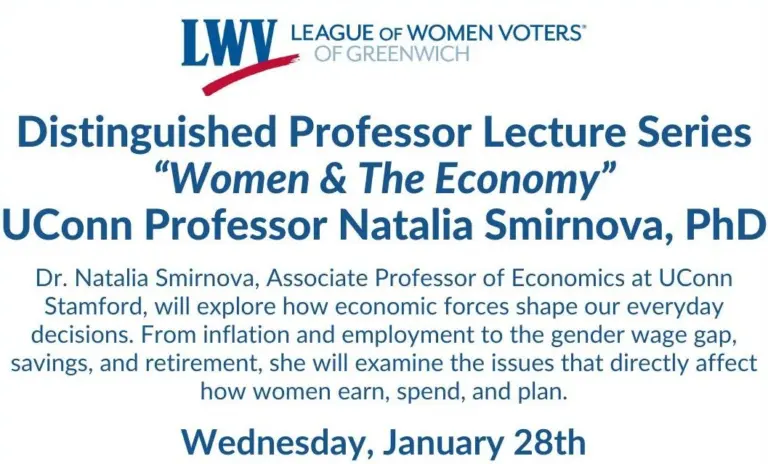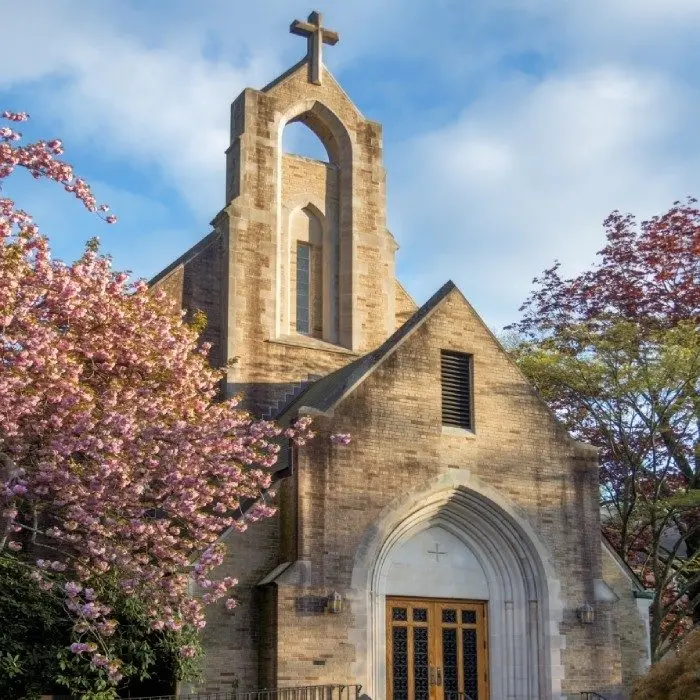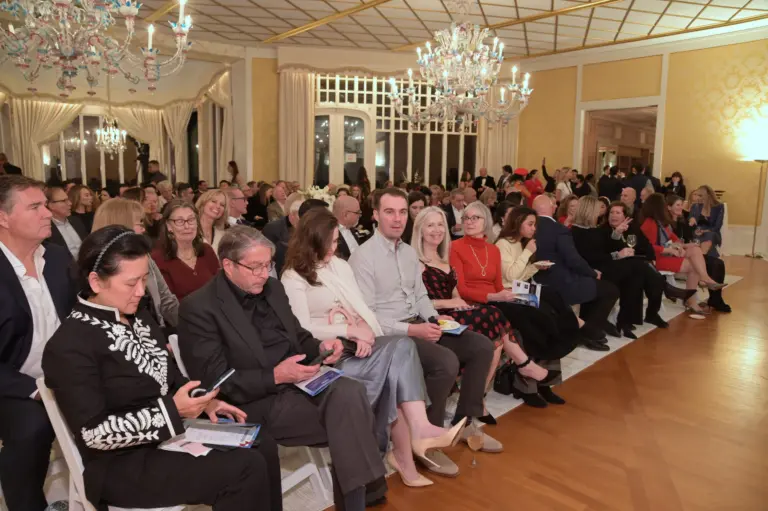Greenwich is a town of proximity. Neighbors meet at the library, in the pews of churches and synagogues, on the sidelines of youth soccer, and in the lines of the Avenue’s coffee shops. In these places, people speak, listen, and— most importantly—recognize one another. This recognition is the foundation of civic life.
Increasingly, however, such recognition is obscured by the glow of screens. Social media, designed ostensibly to connect, too often serves instead to corrode. It promises conversation but delivers performance. It suggests community but cultivates mobs. The algorithms reward not reflection but reaction, not patience but fury. In this way, it has become less a public square than a coliseum, where shouting replaces dialogue and the most manipulative voice prevails.
The consequences are visible. Nationally, studies now show what intuition long suggested: repeated exposure to violent imagery, outrage, and partisan labeling wears down the body’s stress response. People sleep less, worry more, and view neighbors with suspicion. Locally, one sees it in the small estrangements of daily life—the eyes lowered to phones instead of lifted in greeting, the conversations cut short by notifications, the reflexive certainty borrowed from the internet rather than shaped by thoughtful exchange.
Past editorials in these pages have warned of this drift. Greenwich, a town of global significance, is not immune to the forces shaping the wider world. But it is also uniquely placed to resist them. The habits of community here—philanthropy, civic service, neighborliness—are the antidotes to the toxins of online life. They remind us that a town is not an abstraction. It is a network of faces and voices, of stories shared in kitchens, at sporting events, at public meetings.
To speak in person is to be reminded of another’s humanity. To listen face-to-face is to encounter nuance, tone, and gesture—all the things flattened by a tweet. This is why civic life has always required physical presence. The town meeting, the school forum, the local newspaper—they are practices built to sustain democracy in the small, where it is lived.
Social media and other online media have become a marketplace of division; community, faceto-face, remains the marketplace of real human life. Greenwich does not need to be governed by the fury of online mobs. It can be governed by the difficult but rewarding work of neighbors speaking honestly, listening respectfully, and finding the common ground that algorithms cannot supply.
The late George Eliot posed the question: “What do we live for, if it is not to make life less difficult to each other?” That is the old wisdom Greenwich must preserve. By engaging stubbornly, repeatedly, and insistently in turning away from screens as a normal course of our daily lives, and by turning again toward each other, our town can model a civility the world sorely needs.




